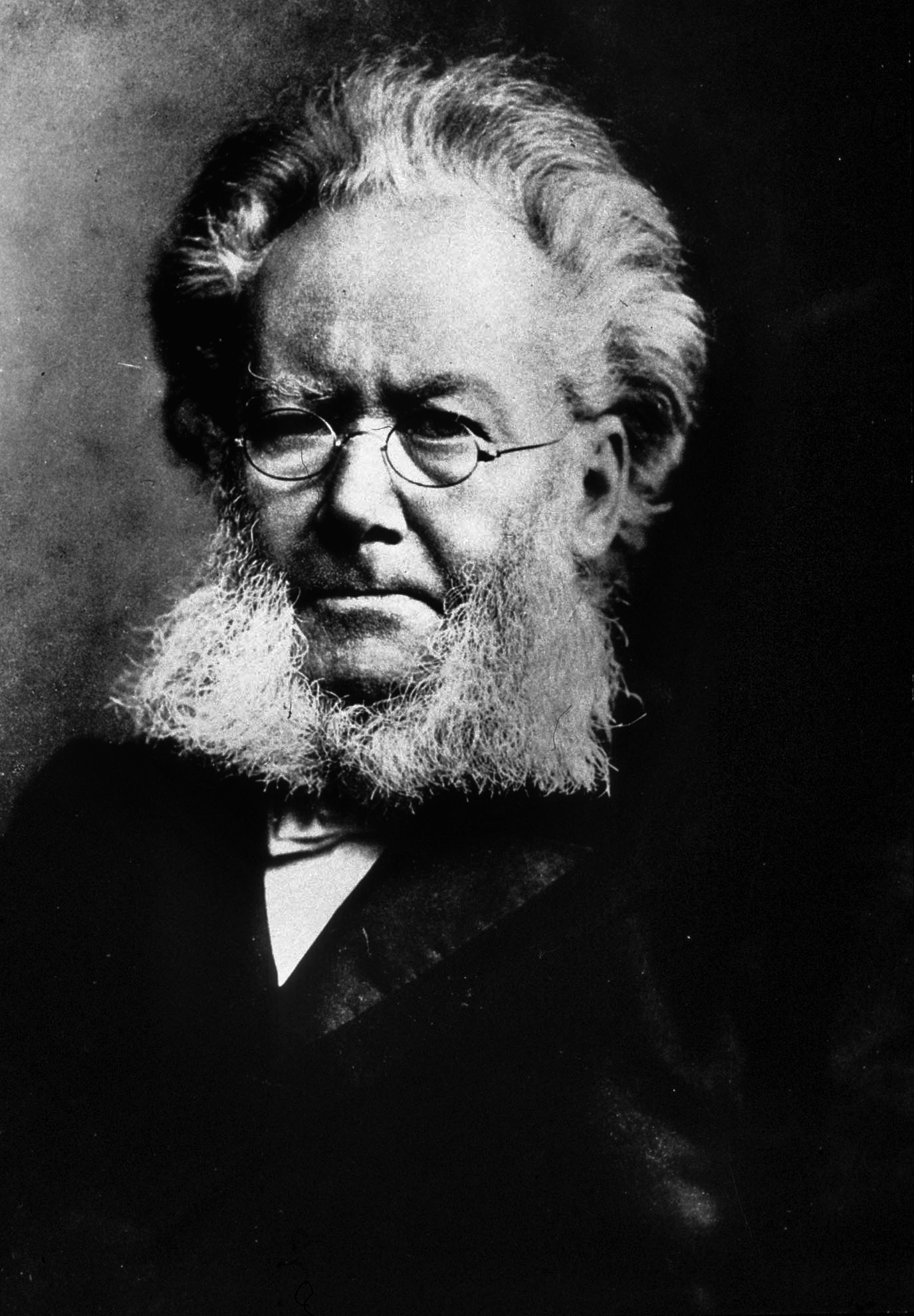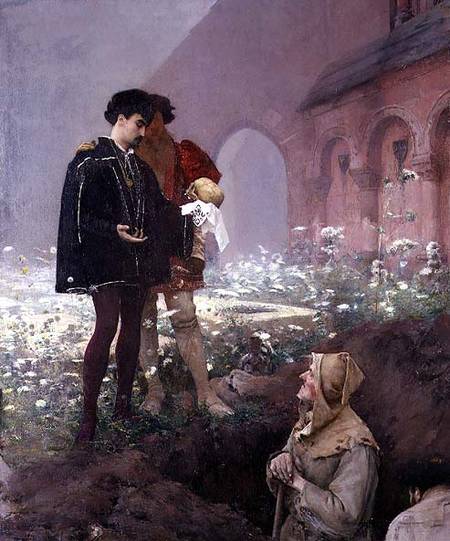A quick note:
Ignorance is bliss. Normally I would not agree with this saying. However, Oedipus would have benefited from not knowing his true nature. Also, my own ignorance of the play’s dramatic irony would have saved my endocrine system a lot of misery while reading this painfully ironic play. Despite my struggle for wanting to slap Oedipus in the face many times during the tragedy, this is my favorite piece of literature we have read all year.
Sophocles was a master of his art. It broke my heart to find out that only seven of his alleged 120 plays survived for my eyes to read. Sophocles weaved an elegant tapestry of truth, light, sight, and destiny. What touched me most about Oedipus Rex was the dynamic struggle of a man against his fate. However, Mr. Coon, today you said that “fate is character.” And how can one escape that?
~~~~~~~~~~~~~~~~~~~~~~~~~~~~~~~~~~~~~~~~~~~~~~~~~~~~
There is one word in Arabic that describes fate: maktub. Translated, maktub means, “It is written.” The word is commonly used in the contexts of chance and destiny. Applying this word to Oedipus’ story, I believe that both he and the gods wrote his fate. Now, I know you may be thinking, “Deepa…fate and free will are NOT compatible! They are like oil and water, dinosaurs and giant asteroids, Bush and any life form of reasonable intelligence!” How could Oedipus write his own fate, when presumably it was already written? Well, I’m not sure. However, sifting through this Theban play, I found that Sophocles incorporates both possibilities into this tale.
Here is my mystery to solve: Who is the culprit of Oedipus’s tragic destiny, free will or Fate?
Searching Stanford’s philosophy site, I found a quick dissection of the fate vs. free will debate. It states:
a.Fatalism is the thesis that human acts occur by necessity and hence are unfree. Theological fatalism is the thesis that infallible foreknowledge of a human act makes the act necessary and hence unfree. If there is a being who knows infallibly the entire future, then no human act is free.
b.The theological fatalist argument just given creates a dilemma because many people have thought it important to maintain both (1) there is a deity who infallibly knows the entire future, and (2) human beings have free will in the strong sense usually called libertarian.
c.In order to accept 1, one needs to deny 2, and vise versa.
Oedipus encounters his fate “at a place where three roads meet.” I may be extrapolating a bit much here, but the paths could symbolize a crossroads of past, present, and future, or man, gods, and fate. (1303) Here he slays his father, later replacing him as king, and mating with his mother/wife.
First let us examine Oedipus’ opinion on fate vs. free will. Rex states, “But no man in the world can make the gods do more than the gods will.” (Scene 1: 63) From this sentence, I gained the sense that he believed in a preordained fate—yet, he tried desperately to escape his own. The tragedy is that Oedipus, in trying to escape his prophecy, actually fulfilled it. Maybe it was fate, a series of bad decisions, or the gods’ punishing Oedipus for trying to outwit divine will (by running away from Corinth).
Oedipus conversely believed that a man’s actions (free will) could change his fate. That is why Oedipus attempted to run away from his home-city of Corinth, consequently putting him on the path of Fate. Perhaps Oedipus’s tragic flaw is his Fate. What’s so painful about this tragedy is that so much of Oedipus’s fate seems out of his control. Yet his reckless actions, whether out of self defense, pride, or ignorance, lead to a horrible conclusion. In Shakespear’s plays the tragic hero often has a character flaw that iniates his downward spiral. However, Oedipus has the gods against him! So no matter how hard he tries to lead a good life, he will loose. But there is still that issue of free will. Did Oedipus have to hastily marry Jocasta? Did he have to kill the king out of self defense? Or is his fate his character?
After his dreadful realization and blinding, Oedipus speaks to his children about his fate. He says, “Apollo. He brought my sick, sick fate upon me. But the blinding hand was my own!” (éxodos: 112) Reading this line metamorphically, it says that the gods created his twisted fate but he himself formed it. Oedipus on his search for truth, shed light on his dark fate. Unable to cope with the pain of his reality, he blinded himself to ease his suffering. I agree with Choragos when he frankly tells Oedipus, “You were better dead than alive and blind.” (éxodos: 139)
Teiresias is a blind seer, gifted with second sight. The prophet reveals Oedipus’ future. But Teiresias warns the king by saying, “You weave you own doom.” (Scene 1: 162) How can the seer of fate itself, say that Oedipus is the crotchetier of his own destiny? I think Teiresias’ statement is a vital clue to this murder case of free will vs. fate. A prophet, a reader of destinies, is telling us that one can weave his own fate. So that means Oedipus’s free will is the culprit.
Jocasta shares Oedipus’ view of fate. When discussing Oedipus’ prophecy, she states, “Why should anyone in this world be afraid, since Fate rules us and nothing can be foreseen? A man should live only for the present day.” (Scene III: 65) However she differs from her husband because he believes that he can change his fate. Jocasta believes that Fate rules man and that nothing can be changed; only lived out. In this instance, Fate is the culprit.
So, here is what I can conclude after gathering and examining the evidence:
1) Man is flawed.
2) Therefore Teiresias (being the closest to the gods) has a better if not accurate understanding of Fate.
3) Oracles are charlatans!
a. The nature of oracles is that they are ambiguous, mysterious, and often misunderstood. I wonder if the oracle’s words were a “self-fulfilling prophecy”, where the prophecy “itself sets in motion events that conclude with the oracle’s own fulfillment.” (wiki) As the Stanford blurb stated, “…foreknowledge of a human act makes the act necessary and hence unfree.” If the prophecy was never told or heard, would it have come true?
4) While Teiresias tells Oedipus of the crimes he has already committed, he does prophesize one thing: that Oedipus will go “out of this land some day, with only night upon your [his] precious eyes.” (Scene 1: 204) If Oedipus had never heard this prophecy, would he have gouged his eyes out. He could have chosen a less painful end: death.
5) I am with Teiresias. We weave our own destiny. If our character is our fate, then we must learn to control what we can control and leave the rest to the gods.
6) I still don’t know who is guilty! Fate or free will? The mystery lives on another day…

Jean-Auguste-Dominique Ingres (French, 1780-1867), Oedipus Solves the Riddle of the Sphinx, oil on canvas, 1808.
All this makes me wonder…am I in control or have the gods written my destiny?








